The assistants
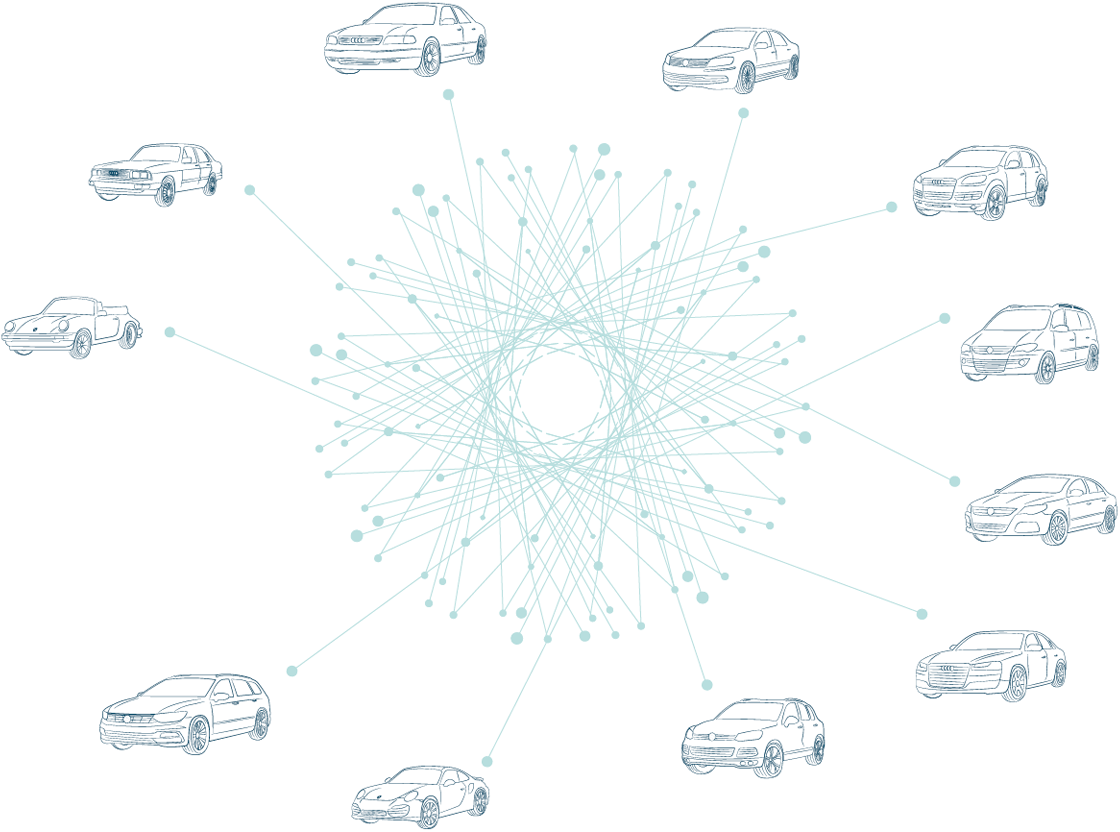
At first sight they are mostly invisible, but in the last few decades electrical and electronic systems have played an important role in making the automobile safer and more comfortable. The Volkswagen, Audi and Porsche brands have often pioneered these advances.
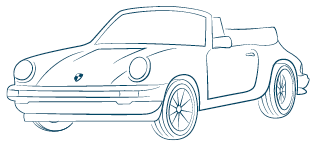
1973
Electric cabriolet hood assistant
A comfort feature that caused quite a stir: the Porsche 911’s cabriolet hood no longer needed to be opened and closed by hand. A simple push of a button was now all that was required.
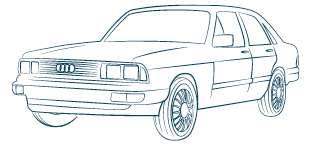
1980
Antiblocking system
A milestone along the way to more active safety: the Group’s first antiblocking system was fitted in an Audi 200. Known widely nowadays by its abbreviation ABS, it has kept drivers in control when braking ever since.
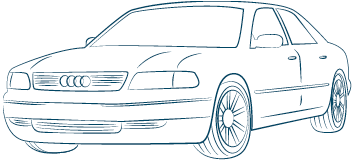
1997
Electronic stability control
Audi pioneered quattro technology and was the first to install the Electronic Stabilisation Program (ESP) in a four-wheel-drive vehicle. The system stabilized the A8 through targeted braking of one or more wheels.
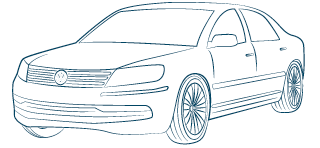
2002
Proximity control assistant
This assistant, also known as Adaptive Cruise Control (ACC), was first introduced in the Phaeton. Today, it helps maintain sufficient distance from the vehicle in front, and features in almost all of the Volkswagen Group’s model series.
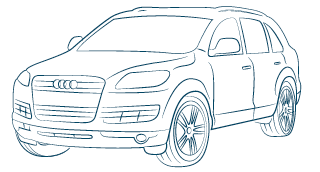
2005
Lane change assist
The Audi Side Assist system was first introduced in the Audi Q7. An LED warning signal appeared in the external mirror if there was a risk of a collision with another vehicle when a driver was about to change lanes. Radar sensors cover the driver’s blind spot.
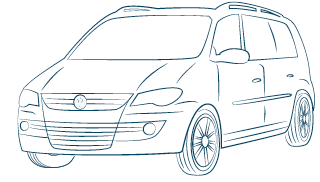
2007
Parallel parking assistance “Park Assist”
The parallel parking assistance “Park Assist” not only warns the driver about obstacles when parking; it also takes over the necessary steering maneuvers. It first appeared in the Touran and is now making life easier for drivers of nearly all Volkswagen models.
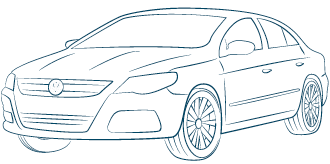
2008
Heading control “Lane Assist”
One in seven accidents resulting in injury is caused by vehicles leaving their lane. The heading control “Lane Assist” was first introduced in the Passat CC, automatically countersteering the car if the system recognized the vehicle was in danger of leaving its lane.
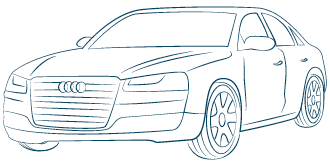
2009
Emergency braking system
The Emergency Brake Assist system is a further development of the emergency braking system. First installed in the Audi A8, it recognizes the imminent risk of a collision and can immediately apply the brakes at full force in the event of an emergency.
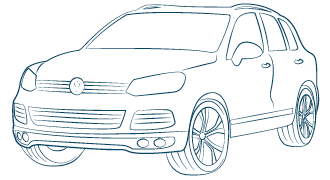
2010
Masked high beam “Dynamic Light Assist”
The masked high beam “Dynamic Light Assist” made its first appearance in the Touareg, enabling drivers to use the high beam continuously without dazzling oncoming drivers. A camera detects traffic and automatically dips the high beam for vehicles ahead and oncoming drivers.
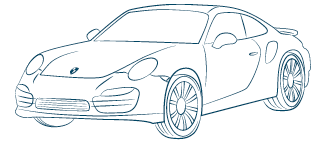
2013
Active rear-axle steering assistant
The steering angle of the Porsche 911 Turbo’s rear wheels is determined by its speed. This results in greater maneuverability at slow speeds and increases driving stability at high speeds.
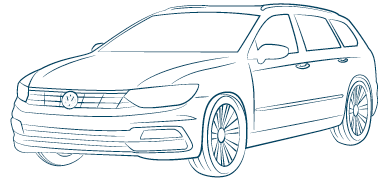
2014
Traffic Jam Assist
Traffic Jam Assist makes driving in stop-start traffic less stressful by maintaining the distance to the preceding vehicle. The system helps prevent typical rear-end collisions. It keeps the vehicle within its lane, and brakes and accelerates nearly automatically.
TEXT
Laurin Paschek